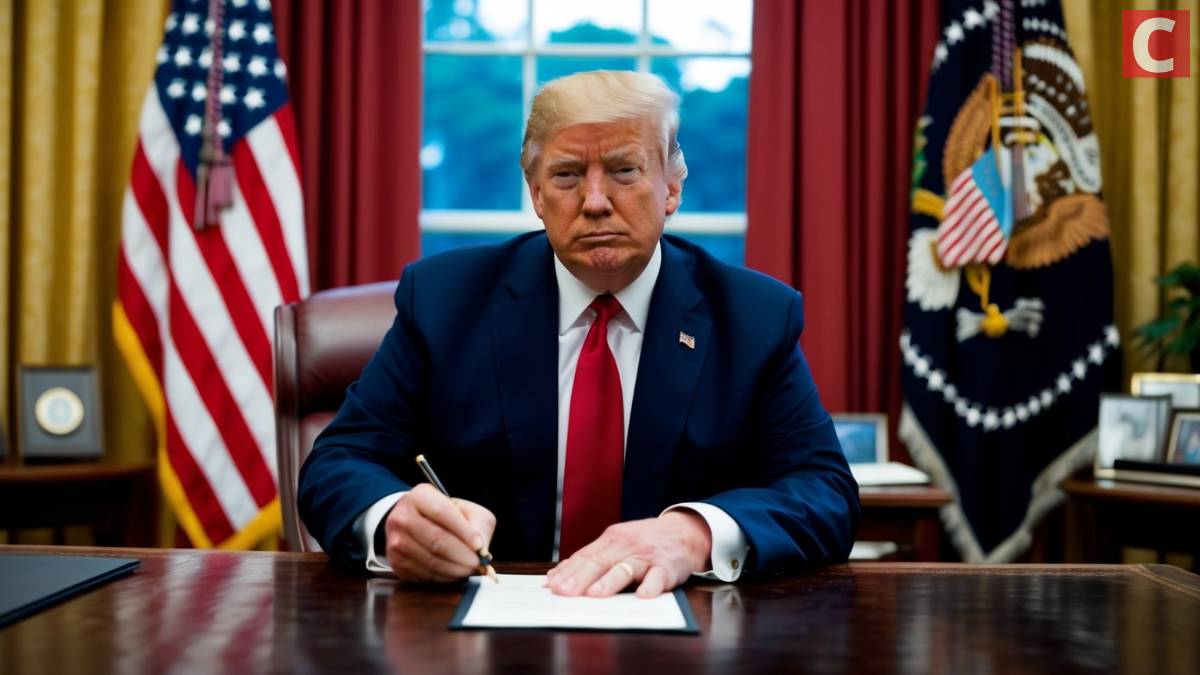Ghana, Rwanda, and Singapore have partnered to launch a new cross-border payments system that will enable smooth and cost-effective transfer of funds across African nations.
Known as the Next-Gen Digital Payment Infrastructure, the new system is a collaboration between the Bank of Ghana (BoG), the National Bank of Rwanda (NBR), and the Global Financial Technology Network (GFTN), an initiative by the Monetary Authority of Singapore (MAS) to expand the nation’s fintech ecosystem globally. Formally known as Project 54, the system was unveiled at the 3i Africa Summit 2025 Policy Forum in Accra.
In his presentation at the event, BoG Governor Johnson Asiama noted that the new system will accelerate interoperability across the continent’s financial systems, easing the movement of value.
“This initiative aims to modernise Africa’s cross-border payment ecosystem through a central bank-led, innovation-enabled approach co-developed with fintechs and financial institutions,” he stated.
Africans have long endured very high charges and slow transactions when moving funds across the region, even between nations that share borders. A majority of cross-border transactions are settled in Western currencies, especially the U.S. dollar, requiring a network of correspondent banks that drive up the costs.
While payments within Africa have been tedious and expensive for decades, little has been done to improve them. This is mainly due to the low intra-African trading, which leads governments to focus on solutions that cater to payments with other regions. In 2023, only 15% of the continent’s total trading volume was intra-African; in stark contrast, intra-regional trade in Asia stood at 60%, while the EU’s was 70%.
The new project aims to change this and provide “a seamless, trusted and efficient cross-border payment system,” stated John Rwangombwa, the governor of Rwanda’s central bank, in a speech earlier this year.
“This project is designed to challenge this narrative by creating a system that facilitates instant, low-cost, and secure payments across African borders. This initiative is not just about the technology; it is about economic empowerment, financial resilience, and ensuring that Africa’s digital economy is built on an infrastructure that meets the needs of businesses and individuals alike,” he added.
Ghana’s Asiamah concurred, noting that Africa’s future lies in being a unified yet dynamic economic bloc where value moves smoothly across borders. He noted that financial technologies and digital assets have proven that Africans can send money across borders in minutes and at a fraction of the cost and that the interest in such systems is high.
Asiamah further pointed out that Africa has become a global leader in mobile money, and this leadership must translate into other financial systems. The latest industry report by GSMA revealed that Sub-Saharan Africa hit $1.1 trillion in transaction value last year, accounting for over two-thirds of all global mobile money value. The region also hit 80 billion transactions, which was 74% of the global volume.
Economic research is crucial to advancing digital payments: Rwanda’s central bank
In Rwanda, the central bank has reiterated the need to conduct economic research to support the development of digital payments in the East African nation.
Speaking during the recent Annual Research Conference in Kigali, Deputy Governor Justin Nsengiyumva lauded the progress the country has made in recent years in making digital payments inclusive, resilient, and accessible. It all wouldn’t have been possible without the dedicated work that the country’s researchers have engaged in, he added.
“In this rapidly evolving environment, economic research becomes indispensable. It enables us to deepen our understanding of the drivers behind the transformation in payment systems and their broader economic implications,” stated Nsengiyumva.
Rwanda’s digital payments have skyrocketed over the past six years, with the country’s National Strategy for Transformation (NST1), which was inaugurated in 2018, being credited for the growth. According to Nsengiyumva, digital payments hit 300% of gross domestic product (GDP) last year against a target of 80%. He also noted that financial inclusion is now at 96%.
However, the Rwandan regulator admitted that the country still faces some challenges in digital payments.
“Challenges such as ensuring data protection and privacy, strengthening cybersecurity, achieving seamless interoperability, and designing regulatory frameworks that balance innovation and system stability must continue to be addressed,” he stated.
Watch: Tech redefines how things are done—Africa is here for it

















 English (US) ·
English (US) ·